
The death of Alvaro Cascante Barrantes— a crocodile handler from the Ortega community in Santa Cruz, Guanacaste— was a profound loss for his entire family, his community and those of us who could call him a friend. It also dealt a serious blow to the protection of the crocodile in the Tempisque River basin.
Alvaro imagined a huge concrete crocodile sunning itself next to the community hall, in front of the Ortega church. Inside, it would be a museum, a space for education, culture and science, and outside, it would be a monument in honor of the majestic animal that the inhabitants of Ortega have always lived side by side with.
Many times I imagined him floating in the air while he described it to me. People would enter through the stomach. Inside of it, visitors could read scientific information about Crocodylus acutus and could also learn about the traditional lagarteada (crocodile hunt), through testimonies and photographs. And then, he would continue while his finger pointed to the model, they would go up some steps to be able to peer out between the teeth of the open jaws of that impressive animal.
I always thought that was an excellent idea. And I wasn’t the only one. Alvaro was a restless man with strong leadership in his town.
This July 12, to commemorate the one-year anniversary of his death, it wouldn’t hurt to review some of Alvaro’s ideas, at least some that I knew first-hand and consider important. The experiences during the Lagarteadas of 2018, 2019, 2020 and 2021 in the Ortega community should be eloquent enough to persuade in that direction.
Alvaro agreed to look for solutions to the problem of the traditional lagarteada’s prohibition and he saw the Sacred Crocodile Festival as a viable alternative. But not as something imposed from outside, rather as a project that should be managed and initiated from and for the community at its own pace, through patient work. The Festival would therefore be a project that would take time and if there were no changes in the National System of Conservation Areas’ (SINAC- Sistema Nacional de Áreas de Conservación) approach to the situation, which the people of Ortega considered to be disrespectful and violent, it would clash year after year with the rigidity and simplistic vision of the authorities.
Alvaro was also clear on the importance of offering environmental education workshops to the boys and girls of Ortega. He understood the importance of strengthening the cultural identity of the lagarteada and teaching them everything related to the crocodile from childhood, on a scientific basis.
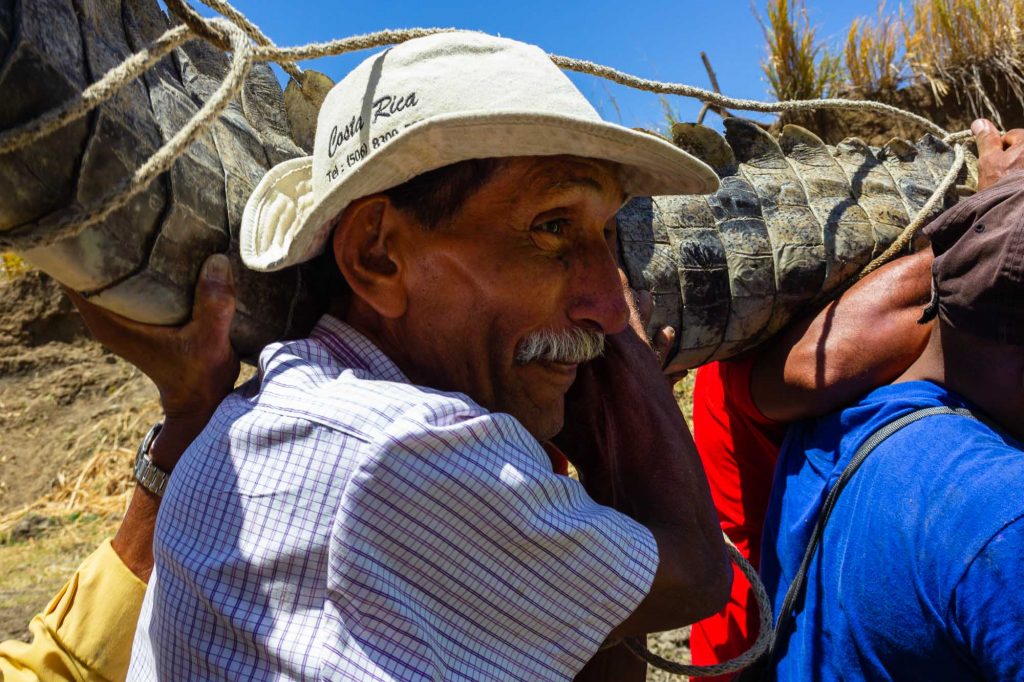
Alvaro Cascante Barrantes with a group of crocodile handlers from Ortega, during the release of the crocodile, captured in the Lagarteada in 2015. Photo: Allan Barboza-Leiton.Photo: Allan Barboza-Leitón
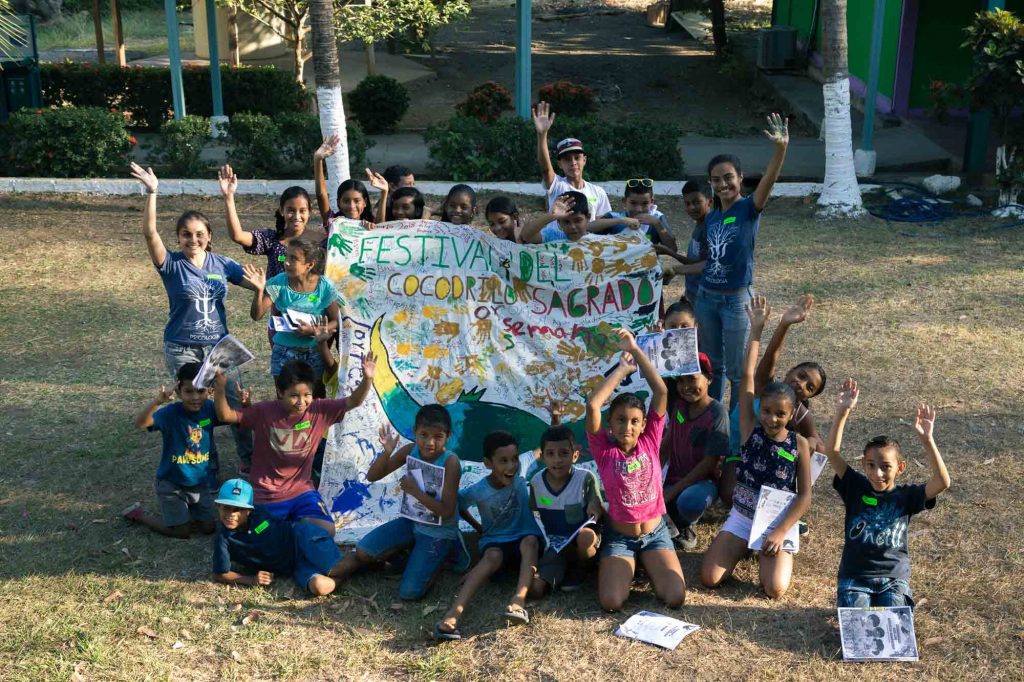
The “Crocodile Tribe” during the first environmental workshop with boys and girls from the Ortega community. Photo: Allan Barboza-Leiton.Photo: Allan Barboza-Leitón
As part of that same educational effort, we had agreed to put together a traveling photographic exhibition in all the communities that surround the Tempisque River and to publish a book about the lagarteada to donate to elementary and high schools in the area. We both agreed that the inhabitants of these places would protect the crocodiles they live side by side with to the same degree that they knew about and appreciated them, just as much as this animal is known and appreciated in the community of Ortega.
Losing a battle to win the war, a strategic bet.
Alvaro was a man who was very firm in his ideas but open to exploring alternatives. He insisted on opening any little door that would allow them to hold the lagarteada, rebuilding the relationship between the community and the environmental authorities, reducing the tension and the levels of polarization surrounding this tradition, buying time to build a reasonable proposal and thereby achieve a higher good.
Deteriorating the relationship between environmental authorities and what is perhaps the only community that has a positive perception of the American crocodile in all that region is short-sighted. But insisting on the same mistake, year after year, is for prideful people.
Let these lines be a tribute to the man I knew: tall, strong, with a calm stride, humble and visionary, mischievous and tremendously audacious, who always had a crocodile in his heart.


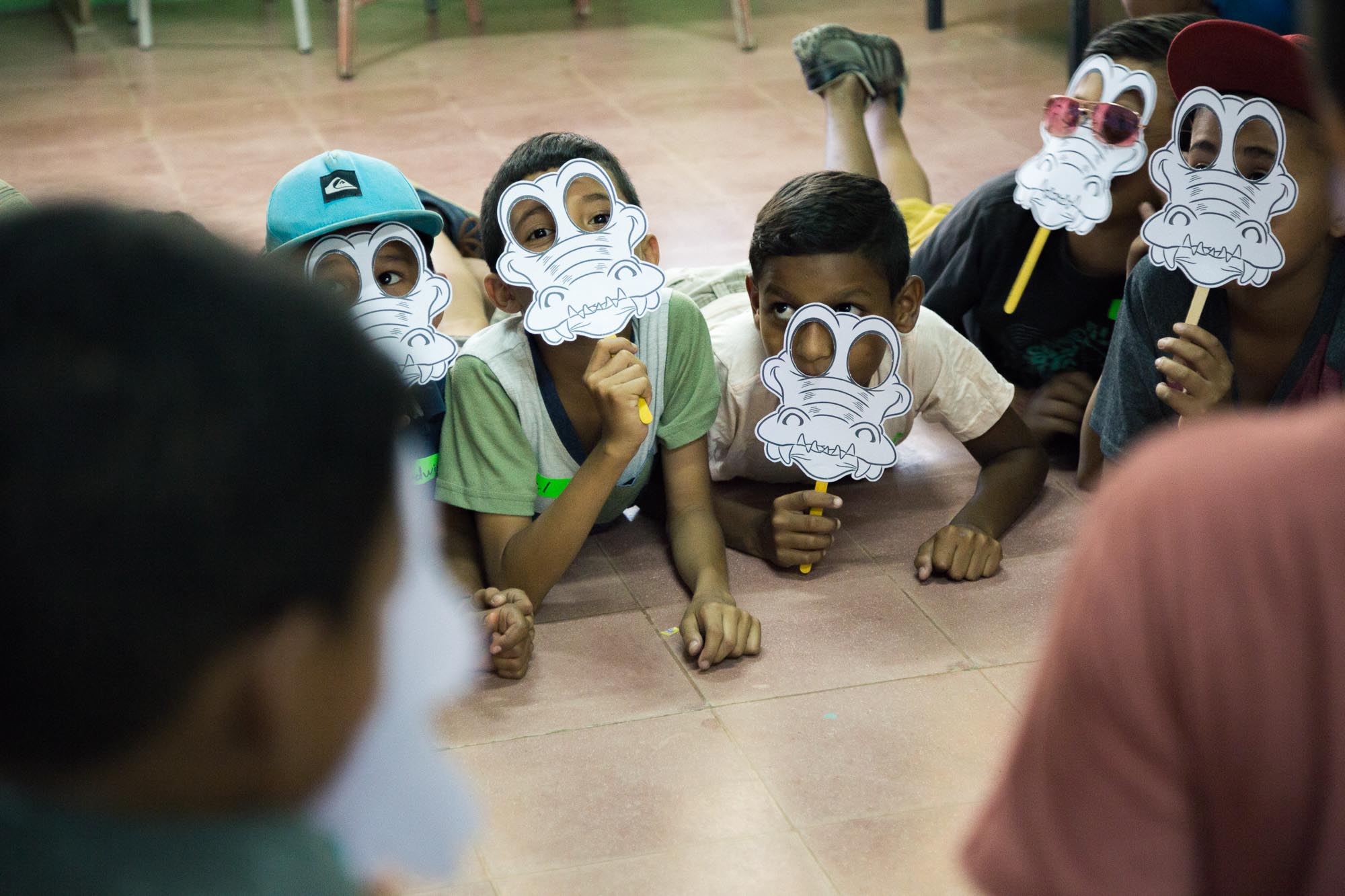
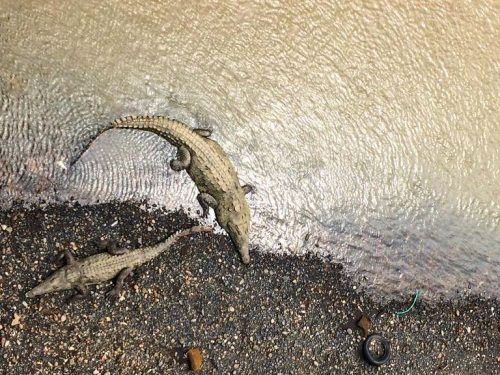
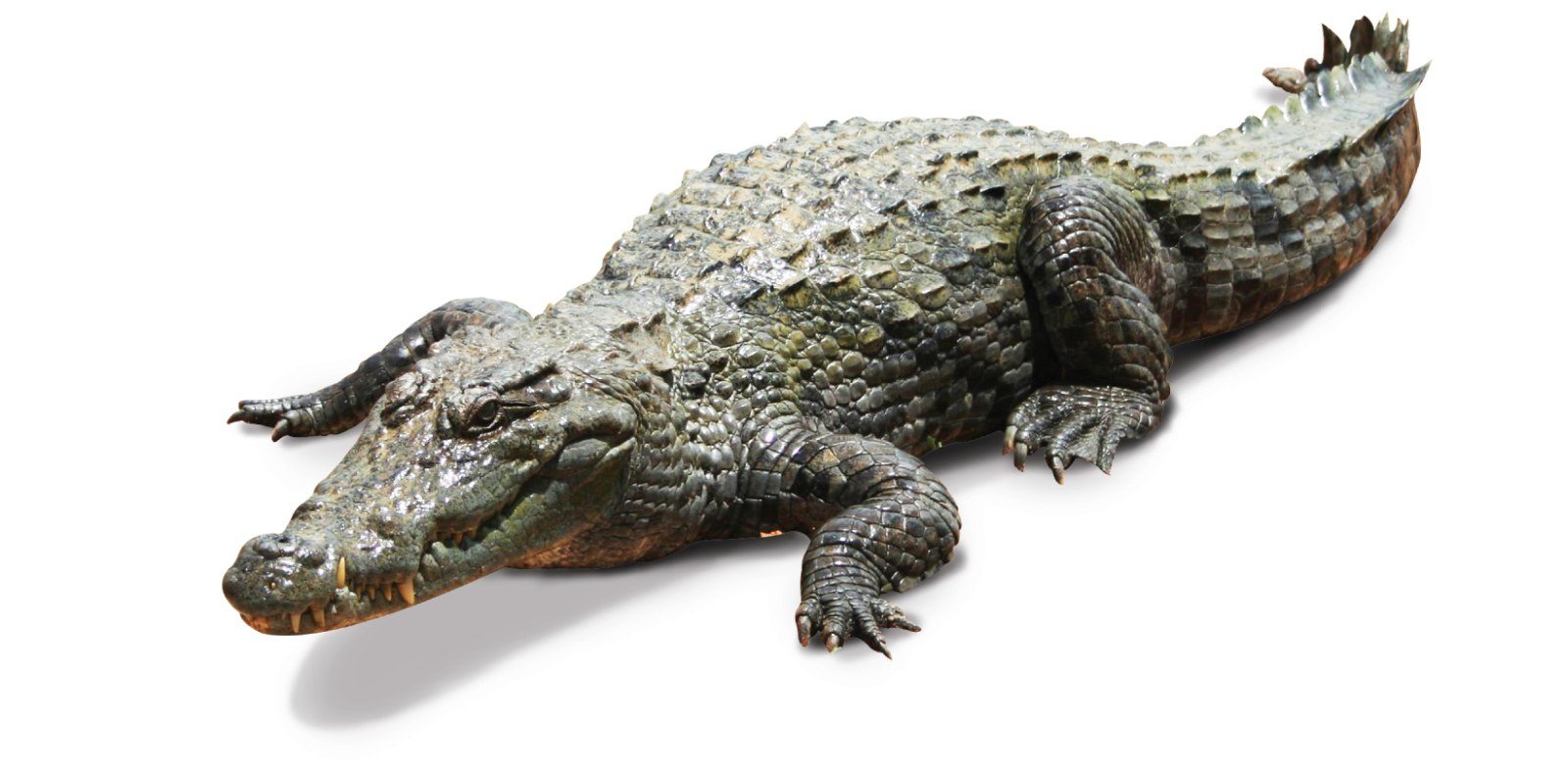

Comments